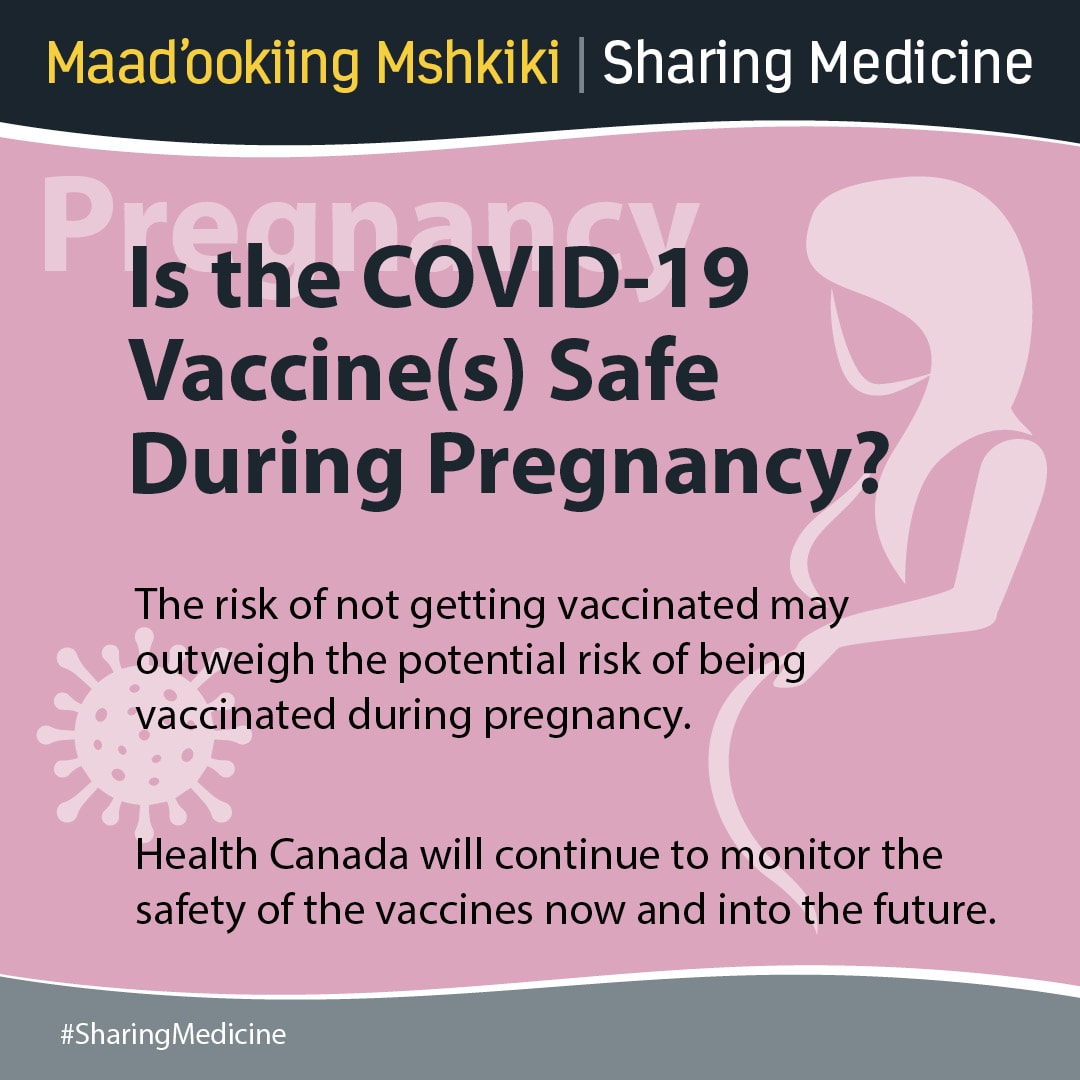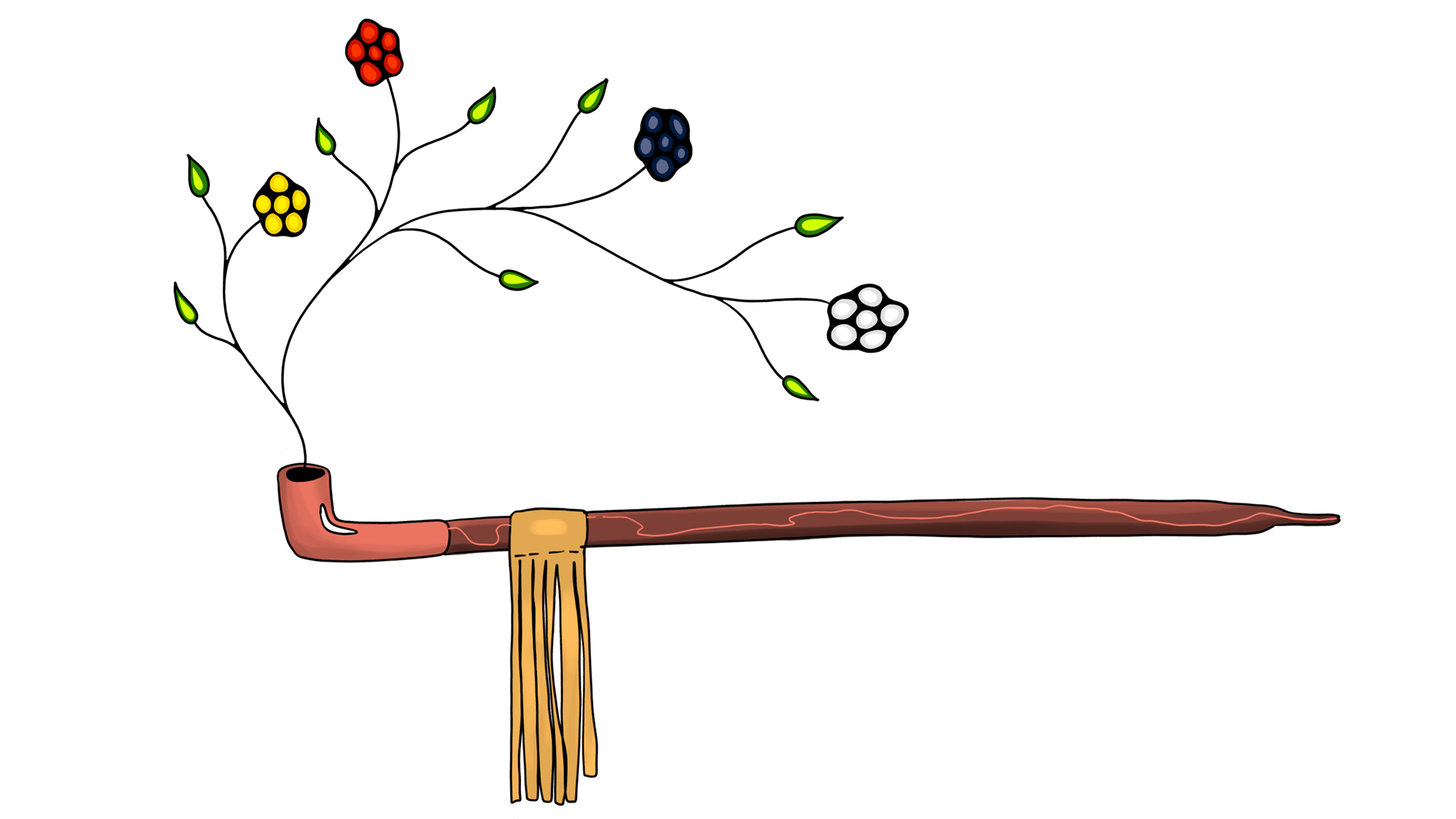Rationale and Background
Public Health authorities first implemented a national roll-out of COVID-19 vaccinations to prioritized populations, including segments of First Nations, Inuit and Métis communities. Despite the prioritization of these populations, certain barriers may impede the uptake of COVID-19 vaccinations across our communities for numerous complex and context-specific reasons. One of the barriers identified by our communities and by service providers, decision-makers, Elders and Knowledge Keepers is a lack of culturally-safe and relevant educational materials about vaccination. It is critical to address this need urgently due to the rising rates of covid within some of our communities as well as the ongoing barriers related to a lack of cultural safety in the health care system.
FIRESIDE CHATS
With Indigenous Healthcare Professionals, Traditional Practitioners and Trusted Community Members
- Waneek Horn-Miller, Mohawk Olympian, Mother & Motivator
- Dr. Ojistoh Horn, Bear Clan Family physician from Kahnawake, Working in Akwesasne
- Kahentinetha Horn, Otiskareh:Wakeh — Spitting Bear Clan, Kahnawake
- Leonard Benoit, Qualpi Mi’kmaq Indigenous Patient Navigator—Wolf Clan, Toronto Regional Cancer Program
- Dr. Karen Hill, MD.D, CCFP, Assistant Professor
Department of Family Medicine McMaster University
Co-Auntie “The Aunties Dandelion” Indigenous community-based engagement, films, lectures, workshops and research support. - Dr. Amy Montour, BScN, MSc, MD, CCFP (PC), McMaster University
Brant Community Health Care System
Haudenosaunee, Six Nations of the Grand River Territory - Elva Jamieson, Traditional Medicine Practitioner and Teacher – Lead, Juddah’s Place
Six Nations Family Health team, Soahac =Chippewa, London, Windsor, Owen Sound,
Oneida Medical Centre, Ogwanohgwatrae:’ Six Nations Traditional Medicine Aamjiwnaang Health Centre, Sarnia,K/Gaweniyo Schools, Cultural Immersion School - Six Nations, Cayuga Nation, Wolf clan of the Six Nations confederacy located at Six Nations of the Grand River Territory.
- Ashley Montour, BSc, RPN
Haudenosaunee, Six Nations of the Grand River Territory
ACCURATE, RELIABLE & HOLISTIC WELLBEING
Harnessing community, peer-reviewed evidence and regulatory recommendations from the Centre for Effective Practice.
















































